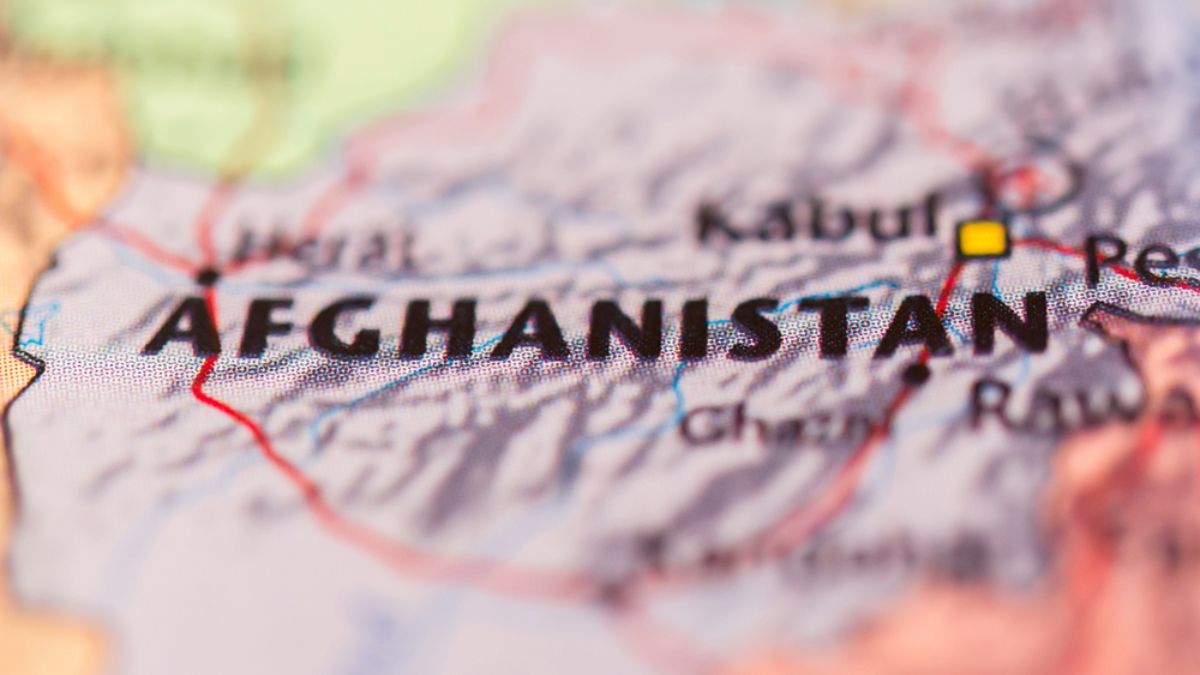Supporting Afghanistan’s Internet Development and Digital Trust and Safety Despite the Taliban
Farzaneh Badiei / Dec 19, 2023Access to the internet during times of war and crisis is essential for humanitarian reasons. The Taliban's takeover of Afghanistan in 2021 restricted women's access to education, healthcare information, and other fundamental human rights. By ensuring internet availability in this crisis-affected country, we can support those who seek to preserve and exercise their human rights.
It took the Internet community over two years to provide some support for Internet development in Afghanistan. There were multiple reasons for the delay, including the displacement of key experts and other human resources, as well as, uncertainty about what can be done in a secure manner given the new political reality. The support that has arrived is minimal: it is in the form of various virtual events, including the December 6 Afghanistan Internet Governance Forum, hosted with the Afghanistan Network Operators Group (AFNOG) and the Afghanistan Internet Governance School.
I participated in these events. Based on the discussions I observed, I offer here a brief analysis of issues surrounding Afghanistan’s access to the Internet and provide a few recommendations for the Internet community to help people in Afghanistan have better access to the Internet and better digital trust and safety management.
A look into the past predictions about Internet access in Afghanistan
In 2012, Jim Cowie, an Internet expert, argued that Afghanistan’s network was shut-down resistant because of its distributed nature. After the Taliban takeover in Afghanistan in 2021, there were predictions about how Internet access would be impacted in Afghanistan, including fears the Taliban would seek to shut down the Internet. But Afghanistan has not seen a massive Internet shut-down.
In a blog post in 2021, analyst Doug Madory considered various questions raised by the Taliban takeover. These included possible technical challenges, such as if fiber optic cables were damaged or sabotaged; and the inability to move money in and out of the country, which would hamper creating and maintaining new international bandwidth. But while there are still challenges for Internet development and data on Afghanistan Internet development is scarce, there are some indications that the number of internet users in the country actually increased by more than 200,000 (+2.7 percent) between 2022 and 2023. But there are other indicators which suggest things remain challenging, such as a decrease of cache servers and suspension of the World Bank’s project to fund Internet infrastructure, which appear to have resulted in a substantial traffic decrease in NIXA, Afghanistan’s only Internet Exchange.
Other current challenges include:
1. Financial difficulties:
The Digital Central Asia South Asia (DIGICASA), a World Bank program, approved a US$51 million investment in 2018. DIGICASA’s goal was to increase access to affordable Internet, attract private investors to the sector and improve the Afghanistan government’s capacity to deliver digital government services by supporting a regionally integrated digital infrastructure and creating an enabling environment. Post-Taliban takeover, the program was suspended (the status of the program was not known for a while and we only knew about it through directly contacting the World Bank, and in April 2023 the program was finally closed. One of the most probable reasons for the suspension of funding is that DIGICASA provided funding to the fallen government through the Afghanistan Telecommunications Regulatory Authority’s Ministry of Communications and IT (MCIT). The World Bank might have suspended its funding of the ministry due to political turmoil and sanctioned entities and individuals that became in charge of government agencies.
2. Some critical caches are gone
Following the Taliban take-over, some critical tech-companies decided to remove their cache servers from local network operators. There are various reasons for that. One is that if the Taliban restricted access to their caches, it would create security concerns. Another is again the issue of sanctions; tech companies might not want to deal with a government run by the Taliban in a direct or indirect way
3. Political turmoil
Political turmoil in Afghanistan has raised significant problems. Private operators have to seek licenses from the government, and for now the Afghan telecom ministry does not cooperate with these actors. There are no international connectivity plans, something the landlocked country direly needs.
4. Failures in Digital Trust and Safety
From the beginning of Taliban take-over, ordinary Afghans have faced digital trust and safety related issues: their accounts have been hacked or are not retrievable, some government pages were hacked, and there were a lot of concerns about the privacy and security of people on social media platforms. The situation is especially dire for women as they are in a vulnerable position and can receive cruel punishment for their online or apparent online actions. The Center for Information Resilience has published a comprehensive report on this issue.
What should the Internet community do?
Given these challenges, what civil society groups, NGOs, governments, and others concerned about Internet freedom and development in Afghanistan do to help the people of the country preserve access? There are two key actions which could make a difference.
First, governments and NGOs must revive the support for funding networks operators and other infrastructure providers. Being able to pay to maintain the infrastructure is of utmost importance. NGOs and foreign governments must find ways to support infrastructure maintenance and development, including through private companies.
Second, advocates for internet freedom must create coalitions that address Afghanistan digital trust and safety issues. These coalitions, formed by international NGOs and tech platforms, would work collaboratively to develop and implement strategies that enhance online security, privacy, and the reliability of information for users within Afghanistan.
It is vitally important to recognize the importance of assisting the Afghan people in spite of the challenges posed by the Taliban's restrictive governance. Supporting internet access and digital trust and safety in Afghanistan is a commitment to upholding human rights and empowering individuals in their pursuit of knowledge, freedom of expression, and connection to the global community.
Authors

